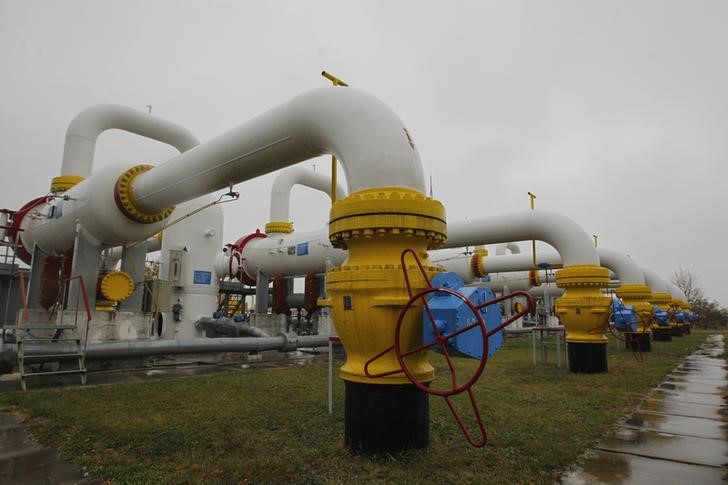(Add debt details, ratings comments)
By Cecile Lefort
SYDNEY, March 31 (Reuters) - Australian gas pipeline giant APA Group APA.AX said it may consider selling bonds in international markets to refinance short-term loans following the A$550 million ($421 million) acquisition of a power station.
The timing and amount of any issues, however, would depend on market opportunities, APA's General Manager Capital Markets Ian Duncan told Reuters on Wednesday.
"If we see terms and prices that are appropriate, we may look to term out debt, but there is nothing approved or decided," he said.
Earlier this week, APA purchased a remaining 50 percent stake in the Diamantina Power Station in Queensland, using undrawn bank loans. Ratings agency Standard & Poor's (S&P) said the acquisition includes refinancing of the project debt and would add about A$550 million of debt to APA's balance sheet.
APA Group is on a buying spree to expand its power infrastructure business, in contrast to the nation's top energy retailers AGL AGL.AX and Origin ORG.AX which are selling assets to offset declining sales.
Duncan, who manages about A$9 billion of debt including A$8.3 billion in bonds, said APA Group would consider, without giving a timeframe, revisiting the U.S. public bond markets or markets in euro, sterling, yen, Canadian and Australian dollar.
While bond issues are typically more expensive than loans due to their longer tenor and the cost of cross currency swaps, Duncan said they better match APA's long-life pipeline assets which can last up to 100 years.
Bank loans usually offer three- to five-year terms while the international bond market can offer maturities stretching to 20 years.
S&P said it was confident APA's acquisitive appetite would not derail its current BBB ratings largely because of the company's commitment to keeping its credit profile.
The ratings agency expects transactions to be appropriately funded.
"They are able to access offshore and domestic markets, but when you go down to BBB-minus, it is quite possible that investors demand a much higher margin because you are very close to sub-investment grade," said Parvathy Iyer, a credit analyst at S&P.
Sometimes, asset management companies become forced sellers when an investment falls into high-yield. ($1 = 1.3080 Australian dollars)
